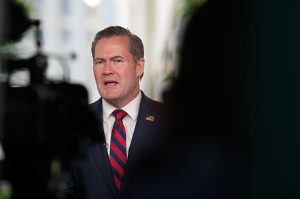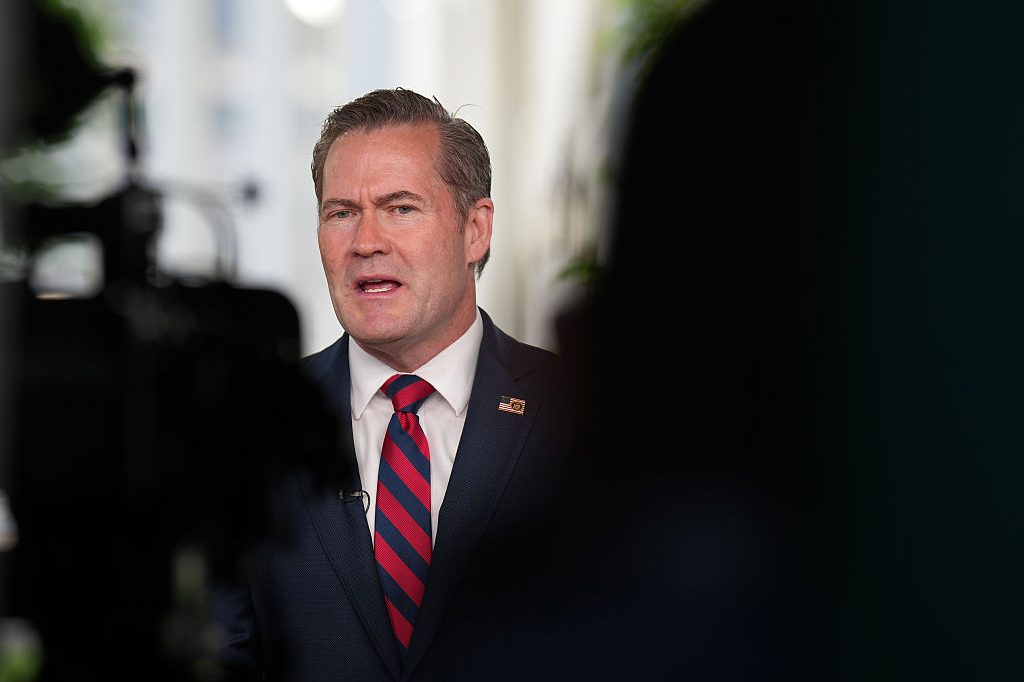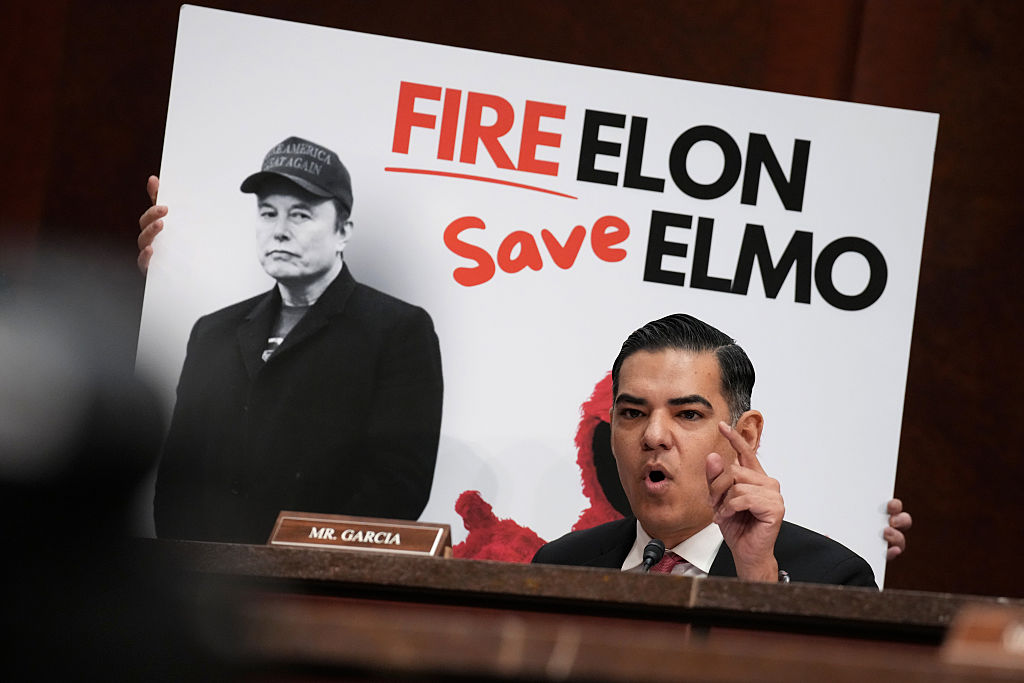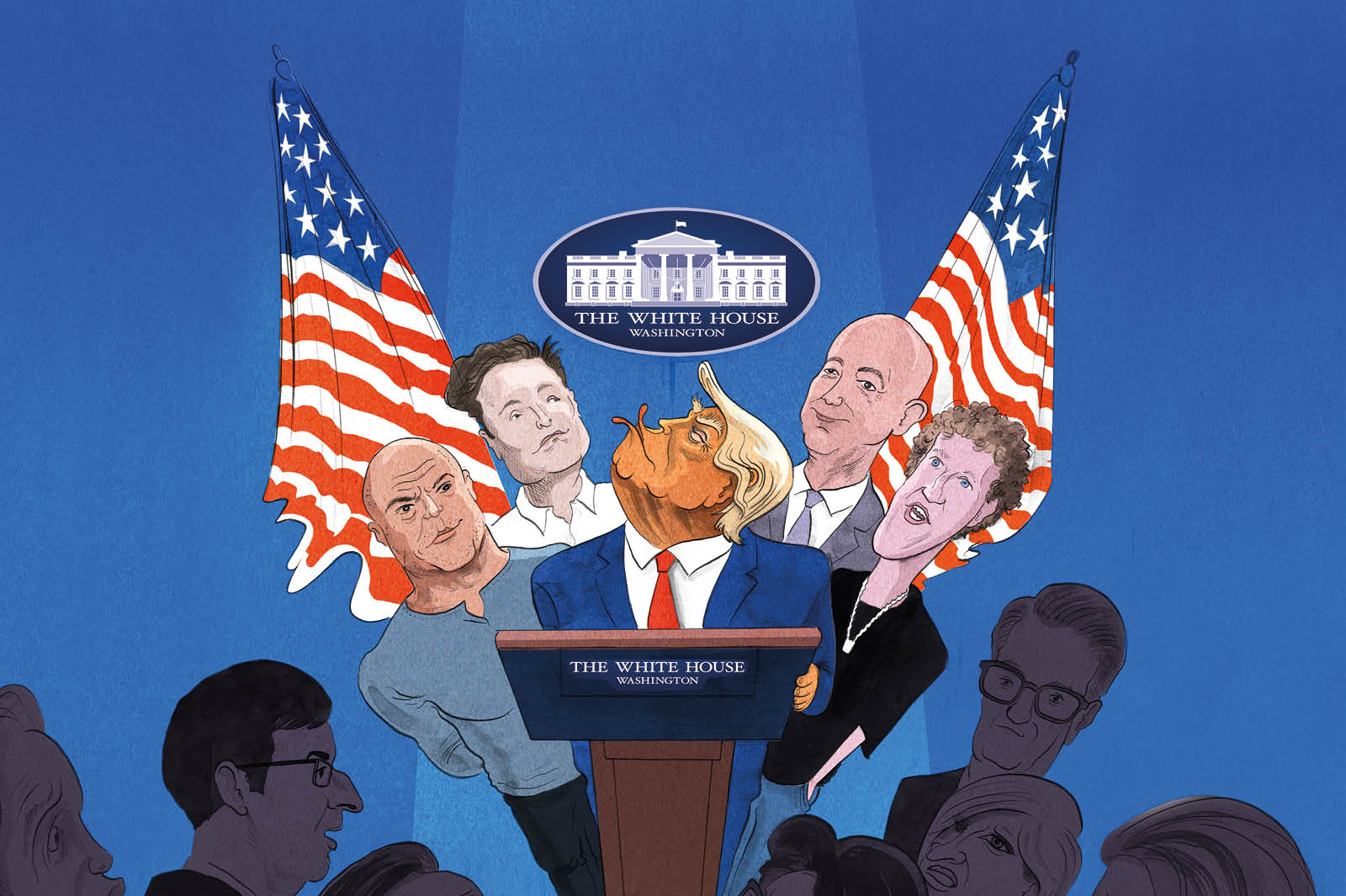Uri Berliner, an economics and business reporter for NPR, resigned his position on Wednesday morning. His resignation comes after he was handed a suspension by NPR, five days without pay, for a piece he wrote last week citing how the publicly-funded radio and publishing news organization has become a vessel for ideologically driven progressive activism. He cited people he hears from who have abandoned NPR’s traditional programming, which has found itself consumed by gender and race theory, with a splash of climate panic.
Yet what was eerily noticeable was how silent Berliner’s colleagues in the media have been, clearly retaliating against him for speaking his mind, independently. Neither the NPR union nor SAG-AFTRA released statements. Several of Berliner’s colleagues, including those at NPR, however, praised and cited a Substack post by NPR host Steve Inskeep targeting Berliner and his arguments. Fired CNN media host Brian Stelter also praised Inskeep on Twitter/X.
NPR did some deep soul-searching about Berliner, a twenty-five year-long NPR employee, and decided he was the problem. All of this comes as newly hired NPR CEO Katherine Maher is being forced to relive some of her past words, tweets and posts that signal the exact same sentiments Berliner criticized in his resignation letter, where he wrote, “I cannot work in a newsroom where I am disparaged by a new CEO whose divisive views confirm the very problems at NPR I cited in my Free Press essay.”
In NPR’s report on Berliner’s suspension, NPR claimed Berliner did not seek prior approval to publish an opinion at another news outlet. What about Inskeep’s long, critical piece critical of Berliner on a different Substack, though? Are we to conclude that Inskeep had permission from higher-ups at NPR, including Maher, to target their colleague? It’s one of several ongoing questions that NPR refuses to answer.
Which brings us to Katherine Maher herself, who has become the “Person of the Week” on Twitter/X, thanks to the diligence of Christopher Rufo and others pulling up her old posts that show her to be the Final Boss in a game of Progressive White Woman Social-Justice Activism. Her posts are pretty boilerplate stuff for progressive activists in an era of climate panic, racial and gender justice stories — much like what NPR itself has become. Maher was not hired in spite of her social media history; she was hired precisely because of it. She has no other prior experience as a CEO of anything, much less a supposed reputable and long-standing media institution such as NPR.
What should be most troubling, however, is that Maher flaunted a Biden campaign hat in a post from 2020, as she canvassed a Get Out the Vote operation in Arizona. NPR now has a dilemma: they can keep Maher as CEO (which I believe they will), but they can no longer dispute the accusations of what Berliner claimed the network has become in recent years. I would argue this is what NPR wants, and has wanted for a while. NPR, their hosts and their CEO can now exhale and stop pretending to be anything other than another progressive media outlet. The problem for NPR in that realm now becomes an issue of public funding (cue a Marsha Blackburn bill to defund NPR). This debate has be re-energized by Berliner’s resignation and NPR’s stiffening spine in defending their new activist CEO.
What cannot be ignored is the lack of outcry from Berliner’s fellow journalists and his union. Berliner was made to be a leper in the media cool-kids’ clique simply for telling the truth of what NPR is. Berliner’s public flogging is a warning to anyone else who dares speak out about what media organizations, and the journalists working for them, have become. They all know what they are, and they all now know what happens to them if they speak out about it like Uri Berliner did.


























Leave a Reply